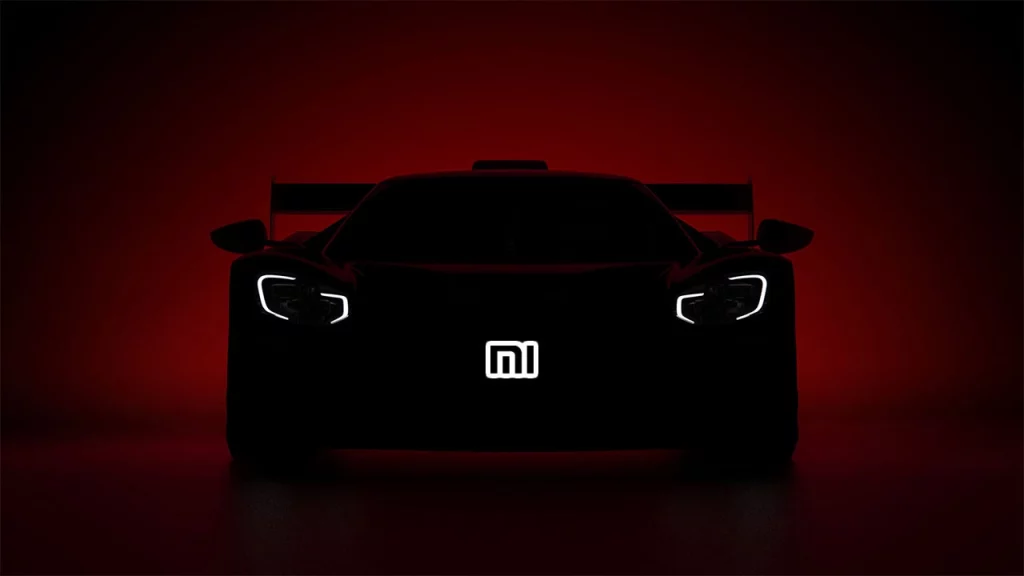The automobile industry is undergoing a major transformation. or a long time, fossil fuel-powered cars have been the norm, but they are gradually being replaced by electric vehicles. This shift is creating new opportunities for newcomers to enter the market and challenge established automakers like Volkswagen. One such newcomer is Xiaomi. The company has been working on an EV for some time, and it is expected to launch soon. According to the latest information, Xiaomi’s first car will feature self-developed chips and a unique vehicle system architecture. Here are the details…
Xiaomi Motors to Adopt In-house Chips and Vehicle System Architecture: A High-Value Proposition
Xiaomi is known for its smartphones, but the company is also active in many other fields, including the automobile industry. Through its subsidiary Xiaomi Motors, the company has been working on electric vehicle technologies for some time. Now, there are reports that Xiaomi is planning to use its own proprietary chips and vehicle system architecture in its upcoming EVs.

Xiaomi has already made significant investments in the automotive sector. In June 2021, the company invested in Black Sesame Technologies, an autonomous driving computing chip company. Xiaomi has also invested in several other companies in the fields of power batteries and autonomous driving. The adoption of proprietary chips and vehicle system architecture could give Xiaomi Motors more control over the design and performance of its vehicles. This could lead to better performance, improved safety, and lower costs.
In addition, Xiaomi Motors is reportedly planning to open its own delivery centers. This would allow the company to better control the customer experience and provide a more seamless ownership experience. The combination of proprietary chips, vehicle system architecture, and dedicated delivery centers could give Xiaomi Motors a significant advantage in the electric vehicle market. The company is well-positioned to compete with established players like Tesla and BYD, as well as newer entrants like NIO and Li Auto.
RELATED:
- Nothing Phone (1) vs Nothing Phone (2): Specs Comparison
- Xiaomi MIX Fold 3 3C certification reveals no upgrade in fast charging department
- Xiaomi Announces 3-Level Escalation Matrix System To Resolve Customer Complaints
- Xiaomi EV Company Limited is born, marking the brand’s entry into the EV business
- First Xiaomi Car gets final pricing, set to debut next year; claims supplier
(source)







